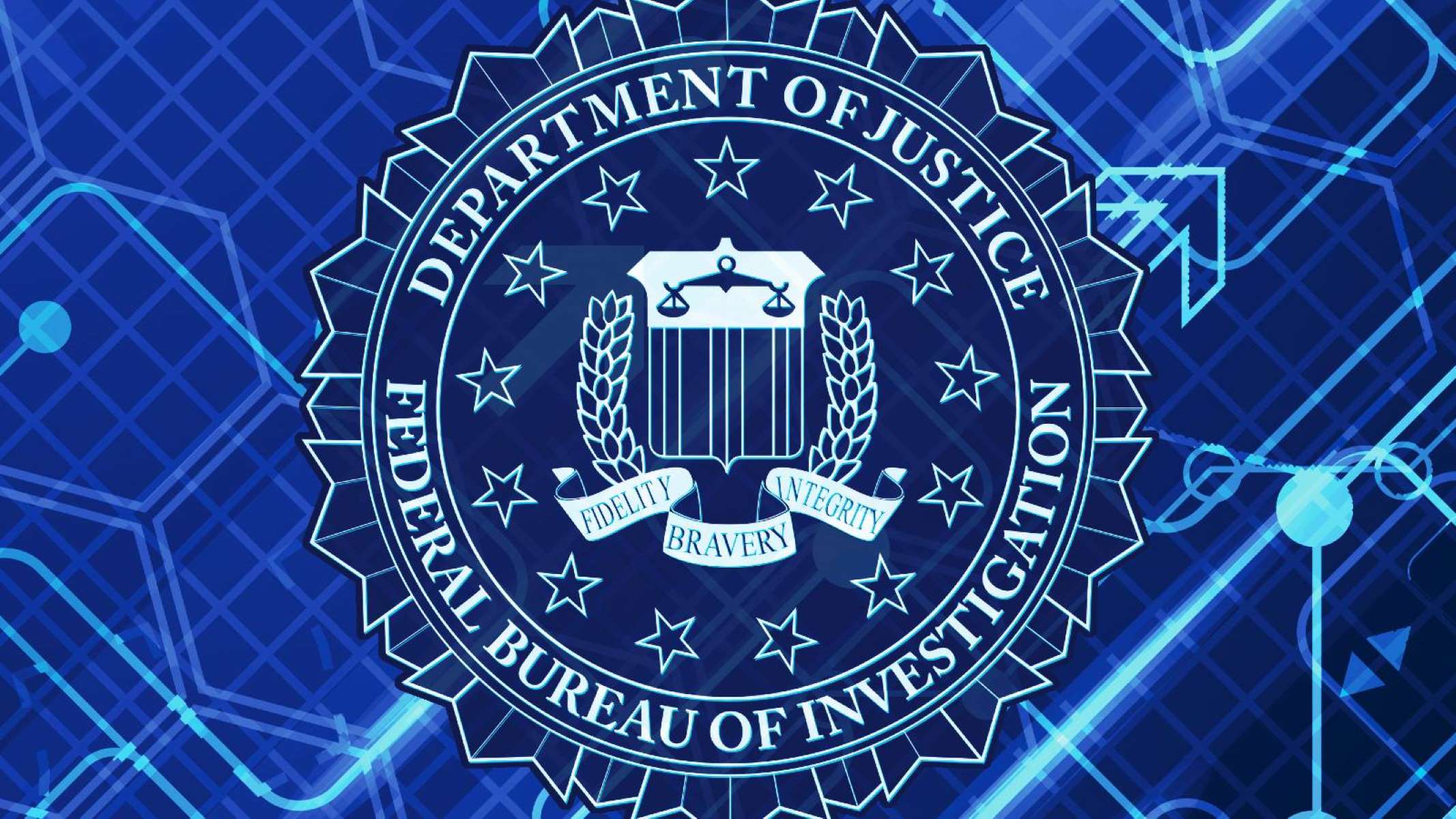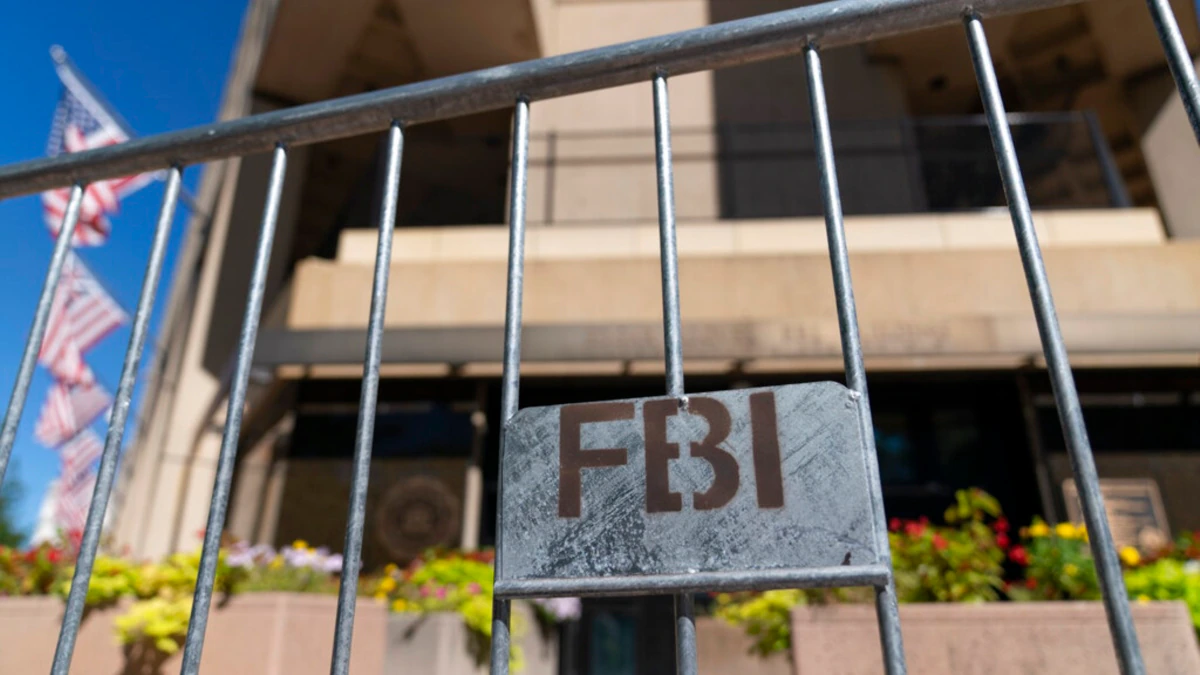In a major crackdown on cybercrime, the Federal Bureau of Investigation (FBI) has executed a highly successful operation to eliminate the Qakbot malware, a notorious threat that has caused significant damage globally. This operation, known as “Operation Duck Hunt,” has not only disrupted and dismantled the Qakbot infrastructure but has also led to the recovery of stolen credentials and seized millions of dollars in cryptocurrency.
Key Takeaway
The FBI has successfully neutralized the Qakbot malware, protecting over 700,000 infected computers worldwide, including more than 200,000 in the United States. The operation, carried out in collaboration with international law enforcement agencies, marks a significant milestone in combating cybercrime.
Dismantling the Botnet and Protecting Victims
To dismantle the Qakbot botnet, the FBI gained legal authorization to access the malware’s infrastructure. Through this access, they redirected Qakbot’s traffic to FBI-controlled servers. These servers distributed an uninstaller file, specially created by law enforcement, to infected computers. This file detached these computers from the Qakbot botnet, preventing further malware installations.
During Operation Duck Hunt, the FBI successfully retrieved the stolen credentials of more than 6.5 million victims. Additionally, their international partners identified millions more. The operation also resulted in the permanent dismantlement of 52 servers associated with the Qakbot botnet.
The Harming Impact of Qakbot
Qakbot, also known as “QBot” and “QuakBot,” is one of the oldest and most persistent botnets in existence, first detected in 2008. It initially operated as a banking trojan, spreading via phishing emails containing malicious links or attachments. Once a victim interacted with the link or downloaded the attachment, Qakbot would deploy additional malware, thus adding their device to a remote-controlled botnet.
In recent years, Qakbot has gained notoriety as a preferred botnet for high-profile ransomware gangs, including Conti, ProLock, Egregor, REvil, MegaCortex, and Black Basta. These criminal groups have collectively extorted approximately $58 million in ransom payments over the past 18 months, targeting over 40 victims, including government agencies, healthcare providers, and financial organizations.
A Multi-National Collaborative Effort
Operation Duck Hunt was a joint effort between the FBI and law enforcement agencies in France, Germany, the Netherlands, Romania, Latvia, and the United Kingdom. This collaboration resulted in the most extensive U.S.-led financial and technical disruption of a botnet infrastructure operated by cybercriminals. The operation’s success will undoubtedly have a significant impact on reducing cyber-enabled criminal activities worldwide.
Rewards for Justice Program and the Fight Against Cybercrime
Recognizing the importance of catching and prosecuting Qakbot operators, the U.S. State Department’s Rewards for Justice program has offered rewards of up to $10 million for information leading to the identification of these individuals. This initiative highlights the government’s commitment to holding cybercriminals accountable and safeguarding the digital landscape.
In conclusion, the FBI’s successful operation against the Qakbot malware is a significant victory in the fight against cybercrime. By dismantling the botnet infrastructure and protecting thousands of computers worldwide, law enforcement agencies have taken a significant step towards preventing further financial fraud, ransomware attacks, and other cyber-enabled criminal activities.

























